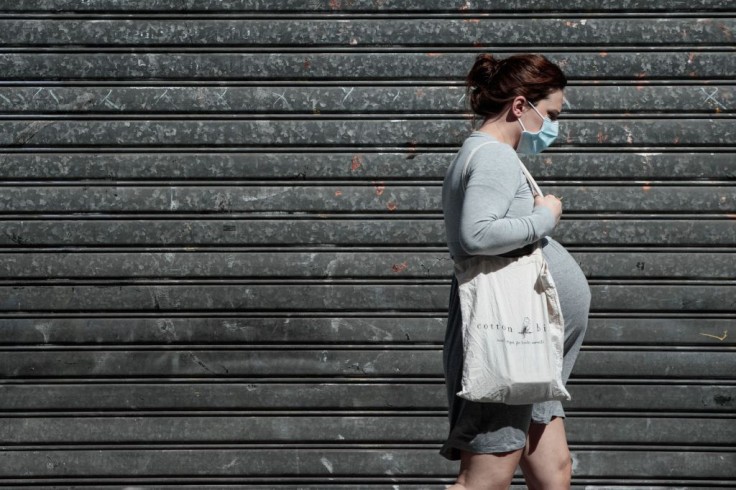
Exposure to smoke from wildfires can pose serious risks to pregnant people and the baby inside their womb, a new report found.
In a 78-page report published this week, Human Rights Watch (HRW)---an international organization advocating for human rights---cited a study that found that pregnant people who are exposed to wildfire smoke could suffer preterm birth. These risks include low birth weight, low body temperature, feeding difficulties, and infant death.
That study also noted that Black women are disproportionately exposed to wildfire smoke and air pollution and are likely at least three times more likely to die from pregnancy-related complications compared to white women.
Another study found that exposure to toxic chemicals in wildfire smoke could cause maternal health problems, including hypertension.
Study Finds Wildfire Smoke Causes Preterm Birth
Despite the risks to pregnant people, the HRW said public health officials are not doing enough to educate and provide resources to keep this population safe. Particularly, the report noted that public health officials are lacking in an effort to communicate safety information to pregnant people who are unhoused or who speak little English.
In addition, pregnant people who are unhoused or speak little English often lack access to protective equipment, such as air filters, that could keep them safe from wildfire smoke.
Furthermore, the HRW said the country's "clinical model of care," where doctors bill patients in 15-minute increments, leaves little to no room for healthcare workers to discuss wildfire risks.
HRW Recommendations
To minimize the risks to pregnant people, the organization said federal and state authorities should adopt a reproductive justice approach. For instance, authorities should provide pregnant people access to air filters, air conditioning units, and N95 masks. Those living in areas suffering from poor air quality should also be given assistance in moving to safer places.
The report's authors are also calling on the federal and state governments to reduce greenhouse gas emissions, which contribute to the worsening climate crisis.
For the report, the HRW interviewed health providers, public health officials, and scientists in Oregon---a state that is greatly affected by wildfires.